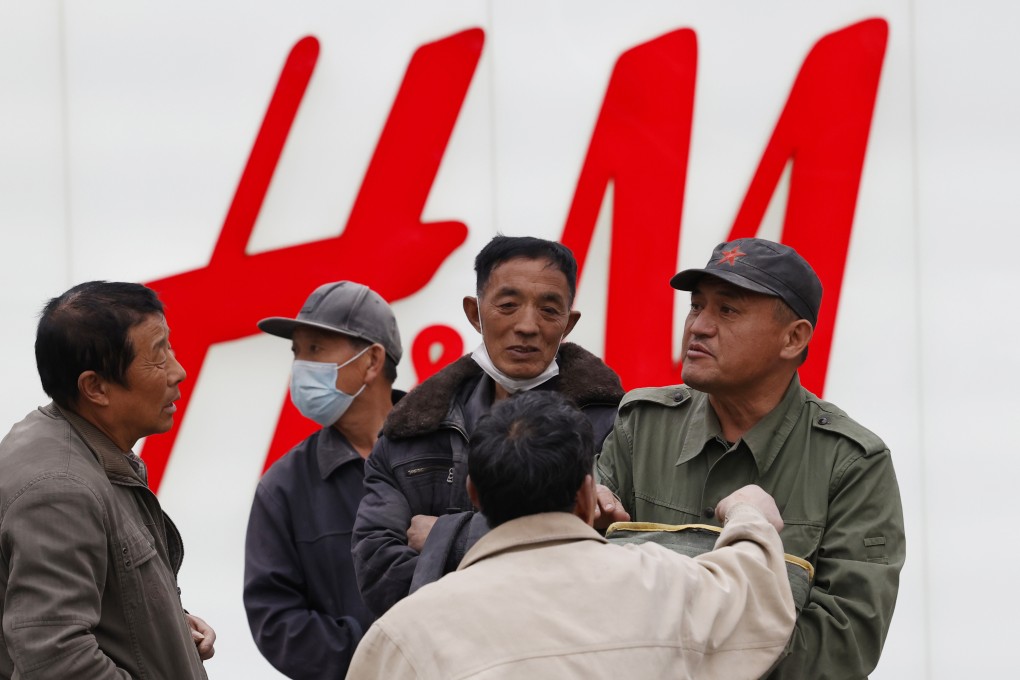Advertisement
Letters | Xinjiang cotton: H&M’s new statement shows Western firms’ China dilemma
- H&M’s March 31 statement suggests it has prioritised its economic interests and learned lessons from the NBA and others that have angered China
Reading Time:2 minutes
Why you can trust SCMP

I am writing to respond to the report “H&M tries to regain trust amid backlash” (March 31). In a globalised economy, multinational companies source supplies from across the globe and seek new consumer markets. The Sweden-based clothing giant H&M is no exception, and China has become one of its most important markets.
In 2020, H&M issued its first expression of concern that cotton farming in Xinjiang could involve the use of forced Uygur labour and announced that it would no longer source cotton from the region. Despite a potentially volatile situation, there had been no harsh retaliation from China until the recent sanctions imposed on high-ranking officials in Xinjiang by the European Union and the United States.
After concerted efforts by the Chinese authorities, state media and nationalists on social media to condemn the sanctions and protest against H&M, the company realised that it had been drawn into the centre of a storm. It had become part of the tussle between China and the West and was being used by China to demonstrate to other foreign companies the dire consequences of being seen as intervening in its internal affairs.
Advertisement
On March 31, H&M issued a new statement in which neither Xinjiang nor forced labour were mentioned. Instead, these concerns were replaced by ambiguous claims about wanting “to be a responsible buyer” and “actively working on next steps with regards to material sourcing”. More telling in the message is the company’s emphasis on its long-term commitment to China and its dedication to regaining the trust of stakeholders in the country.
H&M’s new statement suggests that it has chosen its business interests over upholding human rights. It has seemingly learned from the case of then Houston Rockets general manager Daryl Morey’s support for pro-democracy protesters in Hong Kong in 2019; it took the NBA one year to reconcile with China after that controversy.
H&M could rebuild its relations with China through continuous concessions to convey its goodwill to Chinese customers. Facing commitments to Western societies and markets in other parts of the world, multinational companies hoping to seize business opportunities in China now must make significant business and political calculations.
Advertisement
Select Voice
Select Speed
1.00x
